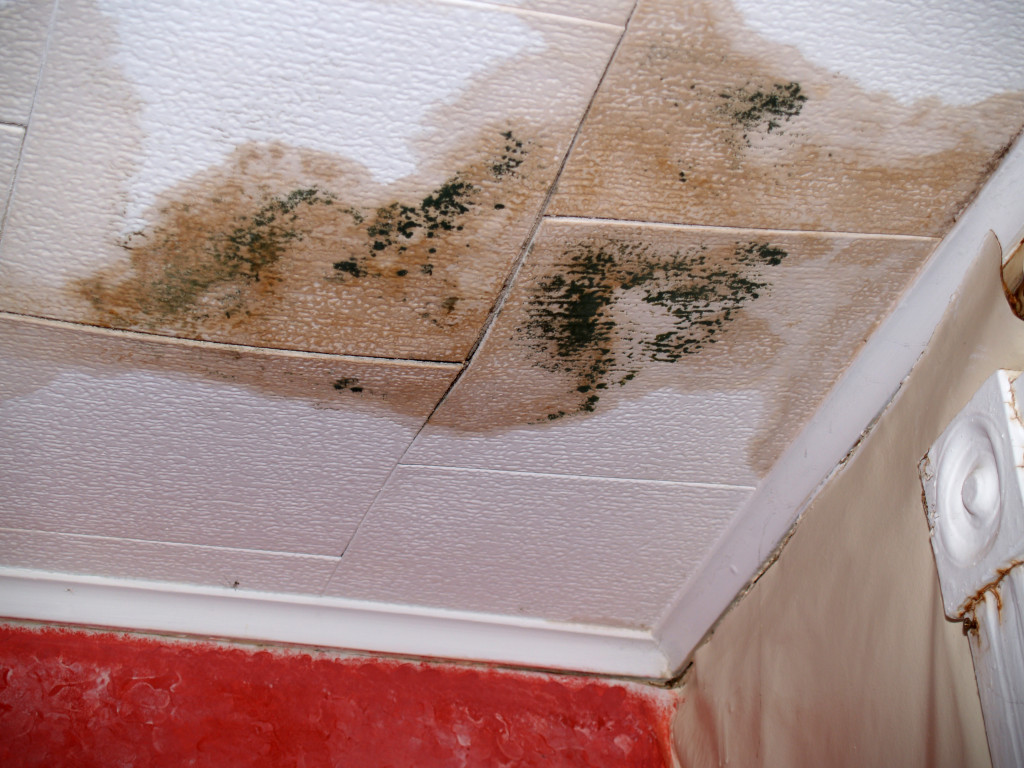- Good dental health is essential for overall physical and mental well-being and can reduce the risk of systemic illnesses
- Practicing good oral hygiene habits such as brushing twice and flossing daily are vital to maintaining healthy teeth and gums.
- Eating a balanced diet rich in fruits and vegetables while limiting sugary drinks can help protect against cavities.
- Visiting the dentist regularly for checkups and cleanings is also essential for preventing more severe problems in the future.
Good dental health is essential for overall physical health and aesthetic value. Poor oral hygiene can lead to a variety of negative consequences that can have an impact on the entire body. Dental health affects not only the appearance of your teeth but also your self-esteem and confidence.
In addition to improved appearance and social life, good dental hygiene also helps to reduce the risk of many diseases, such as periodontal disease. Periodontal disease can cause inflammation of the gums, making it difficult to chew food properly. Left untreated, it can increase the risk of systemic illnesses such as heart disease, stroke, diabetes, and cancer. According to the Centers for Disease Control (CDC), 47% of adults aged 30 and over in the United States have some form of periodontal disease.
However, ensuring healthy teeth can be challenging when unaware of the factors influencing dental health. The following are some common factors that can affect your oral hygiene:
Oral Hygiene Habits
Good oral hygiene is essential for maintaining healthy teeth, gums, and mouth. Poor oral hygiene can lead to various negative consequences, from bad breath and tooth decay to more severe conditions such as periodontal disease. The most common result of poor dental hygiene is cavities, which happen when bacteria produce acid that destroys enamel and causes holes in the teeth. Left untreated, these cavities can become infected and cause pain. If this infection spreads to other body areas, it can lead to serious health problems such as heart disease and diabetes.
To maintain good dental health and reduce these risks, you must practice good oral hygiene habits such as the following:
Brushing twice daily

Brushing your teeth twice daily with fluoride toothpaste is one of the most effective ways to prevent cavities and maintain good dental health. It helps remove plaque, bacteria, and food particles from the teeth, which can lead to decay.
Flossing daily
In addition to brushing twice a day, flossing is also essential for maintaining good oral hygiene. Flossing helps remove plaque and food particles between the teeth that are often not reached by brushing alone. The American Dental Association recommends flossing at least once daily for optimal results.
Using a tongue scraper
Tongue scraping is an effective way to reduce bad breath and remove bacteria from the surface of your tongue. The bacteria on the tongue can contribute to cavities, gum disease, and other dental problems. Using a tongue scraper can help remove these bacteria and food particles stuck in crevices or rough patches.
Rinsing with mouthwash
Sometimes, brushing and flossing are not enough to remove bacteria from the mouth. Regularly rinsing with an antibacterial mouthwash can help reduce plaque buildup and bad breath and protect against cavities.
Food Intake
Your nutritional and dietary habits can be essential to your dental health. A diet high in sugar and processed carbohydrates, such as candy and soda, can lead to tooth decay and other oral health problems. Eating a balanced diet rich in fruits and vegetables is essential for maintaining healthy teeth and gums.
Limiting acidic beverages such as coffee, tea, and citrus juices that can erode enamel over time is also essential. Sugary drinks should be consumed sparingly or avoided altogether. Additionally, drinking plenty of water throughout the day helps flush away food particles and bacteria from the mouth.
Dental Visits

Regular visits to the dentist for cleanings and checkups are essential for maintaining good oral health. Dental professionals can detect and address potential issues before they become more serious. Neglecting regular checkups can lead to an increase in cavities, plaque buildup, and gum disease.
Failure to visit the dentist can also lead to the need for more costly and invasive treatments such as root canals or even tooth extraction. So, you’ll need to visit your dentist every six months for a routine checkup.
However, a few fundamental dental problems could force you to visit the dentist. Teeth replacement procedures could be part of your health journey when you are affected by tooth loss, periodontal disease, or cavities.
Final Thoughts
Maintaining good dental health is essential for overall physical and mental well-being. It involves practicing good oral hygiene habits such as brushing, flossing, using a tongue scraper, and rinsing with mouthwash. Eating a balanced diet high in fruits and vegetables and low in sugar is vital for healthy teeth and gums. Also, visiting the dentist regularly for checkups and cleanings is essential. Following these tips can ensure healthy teeth for years to come.




